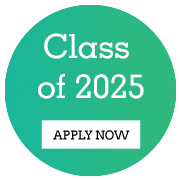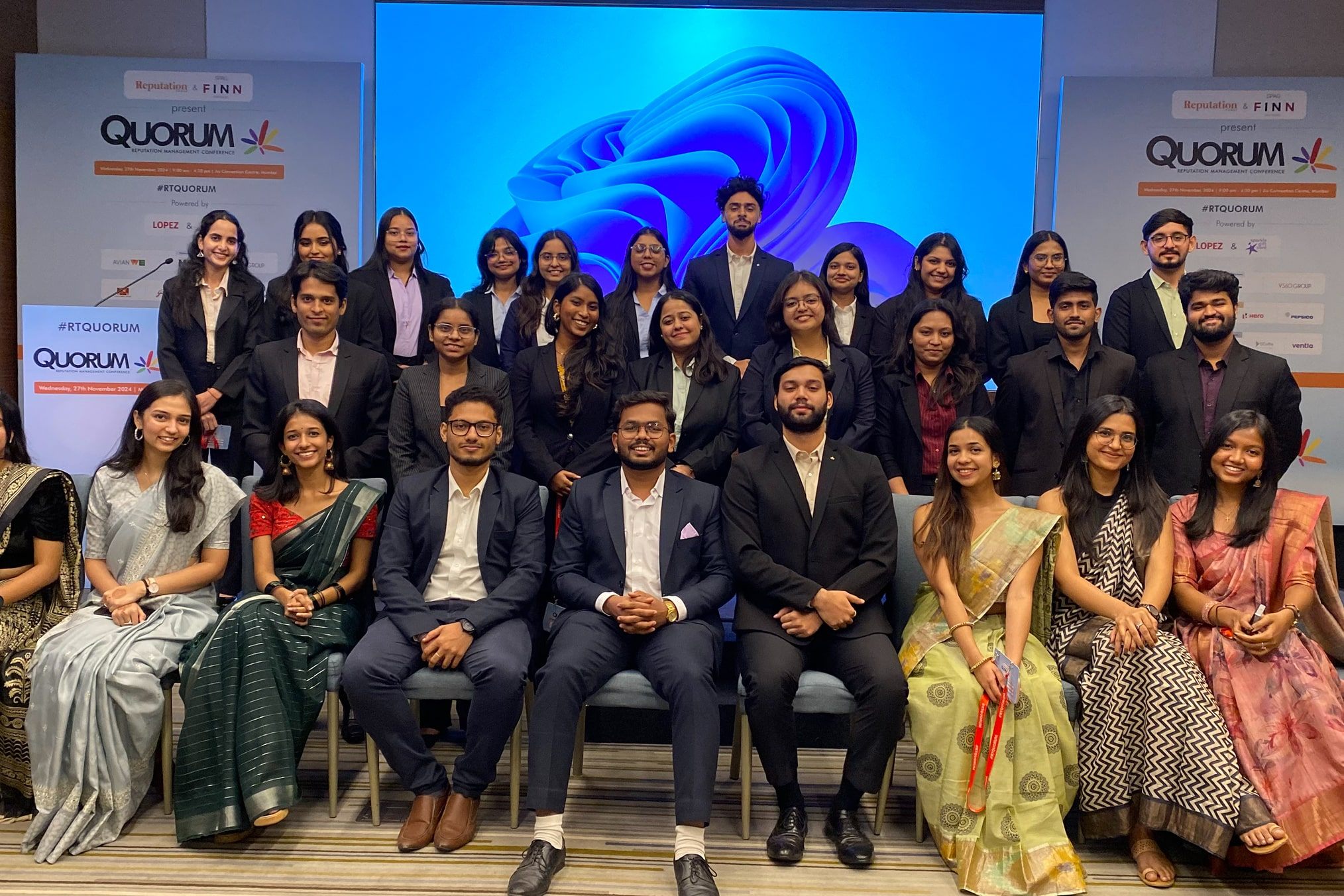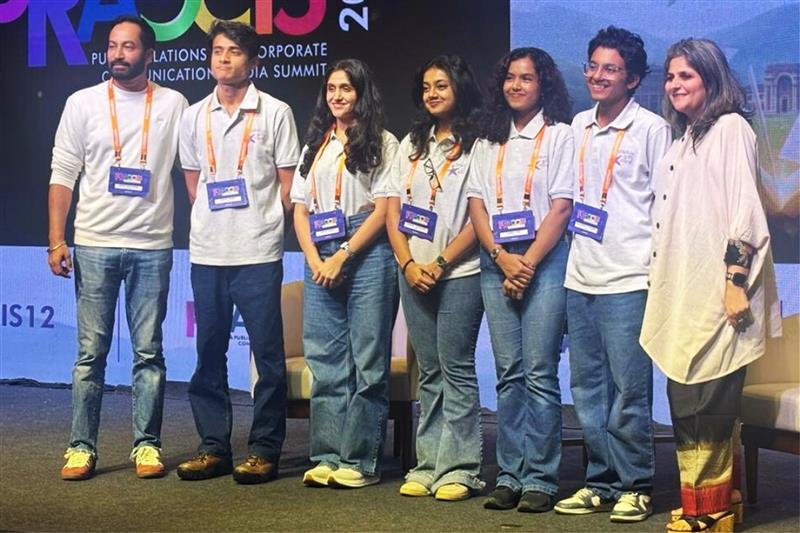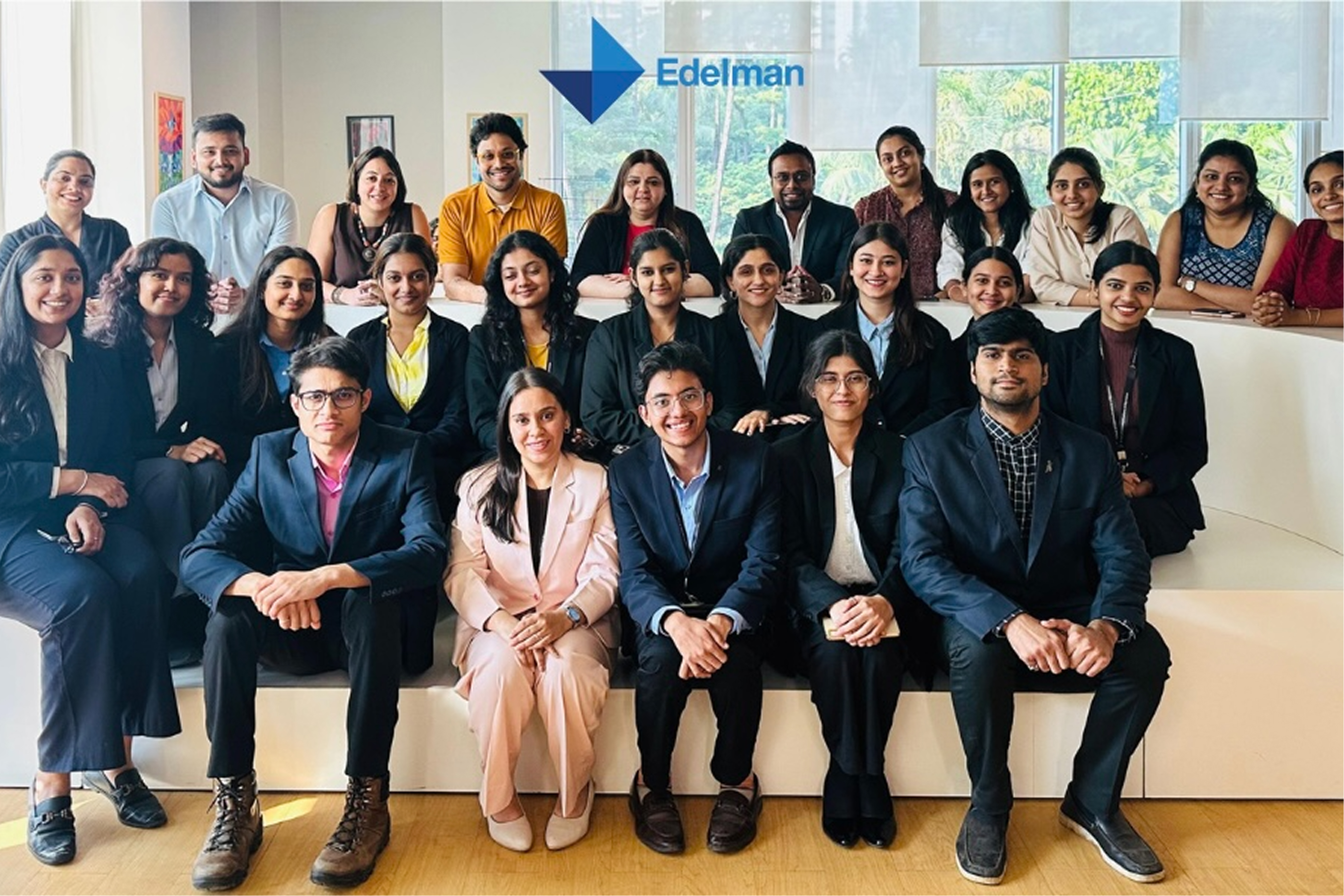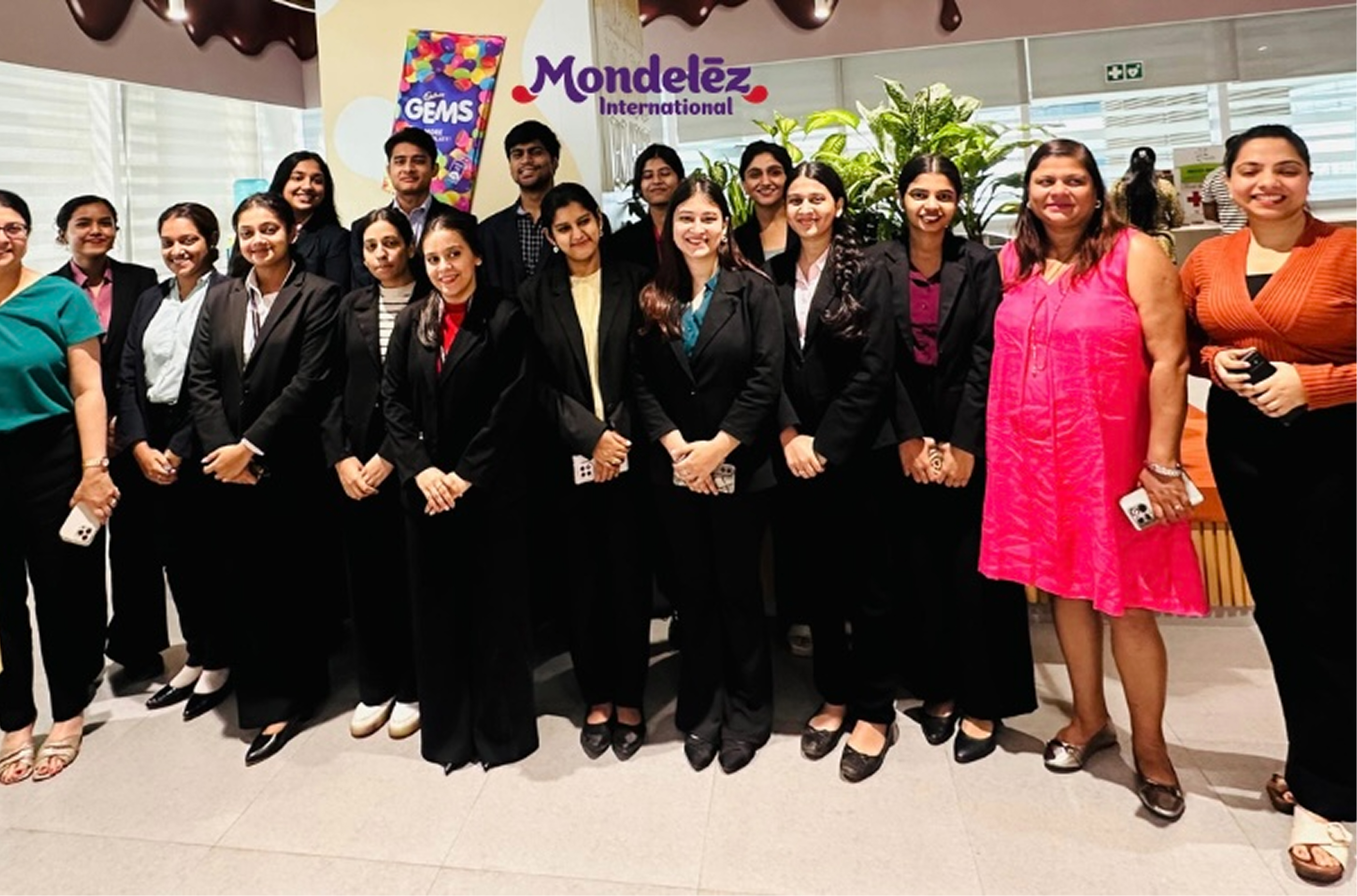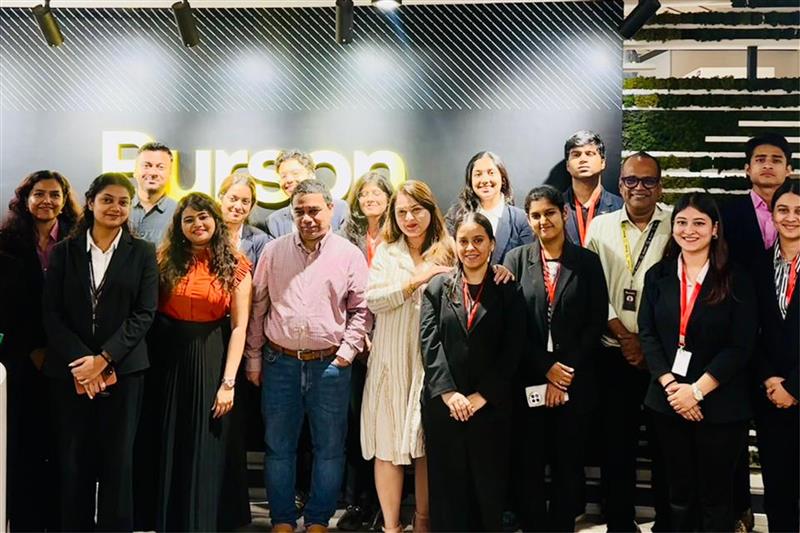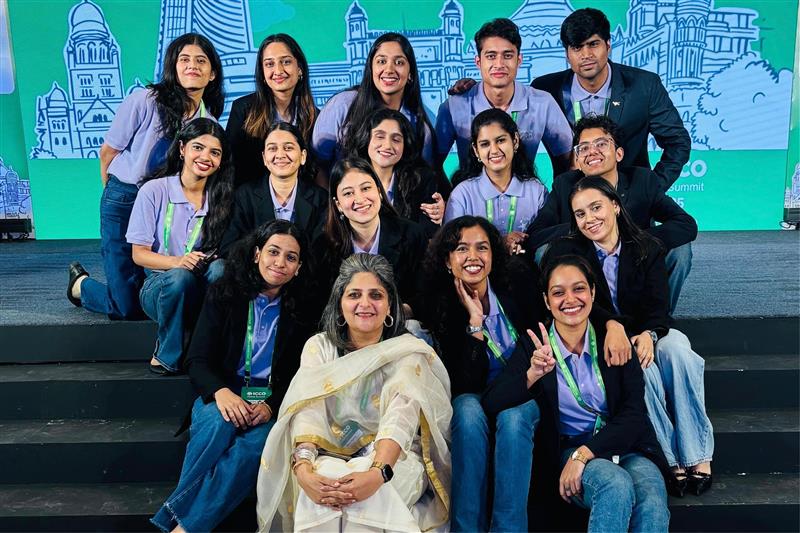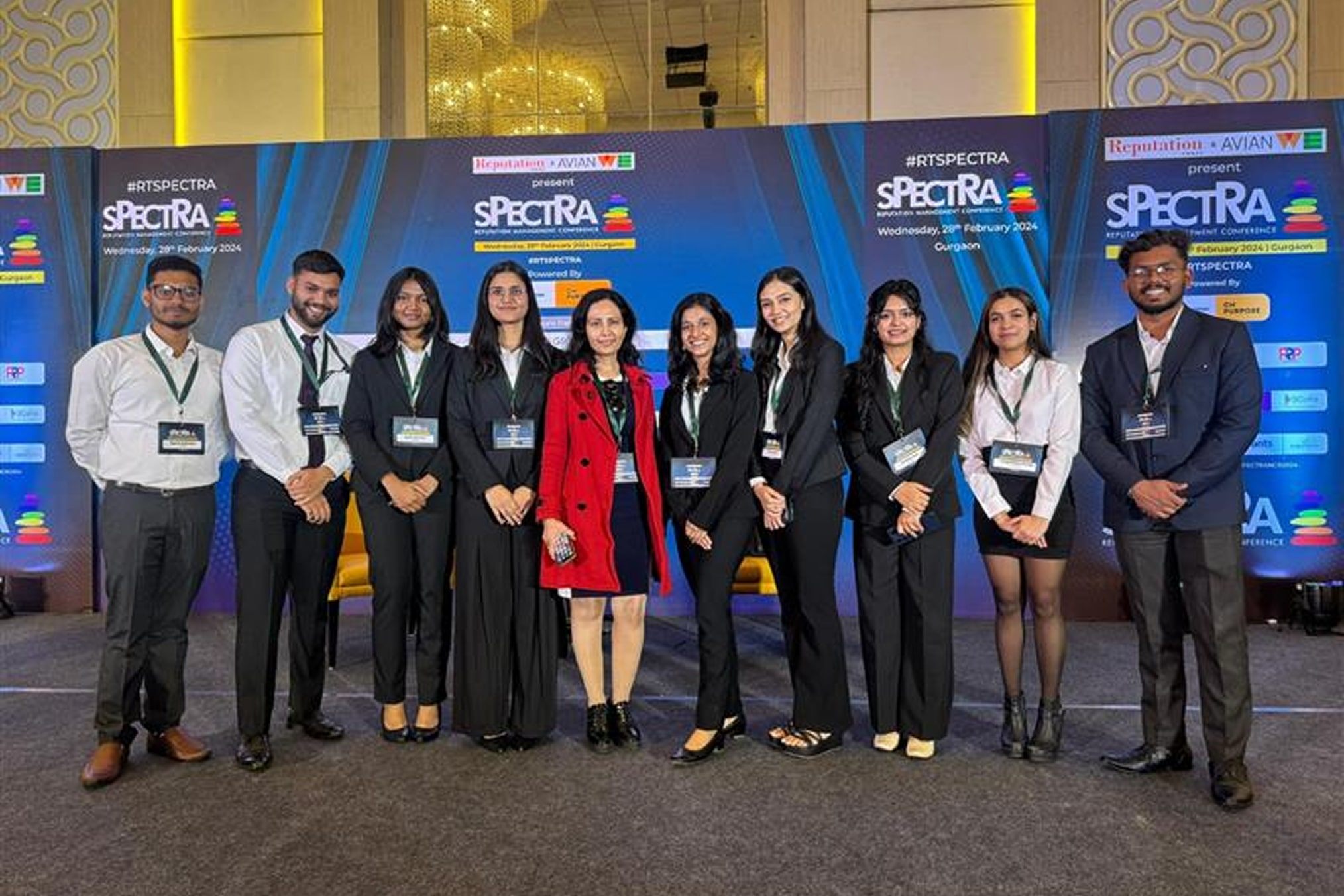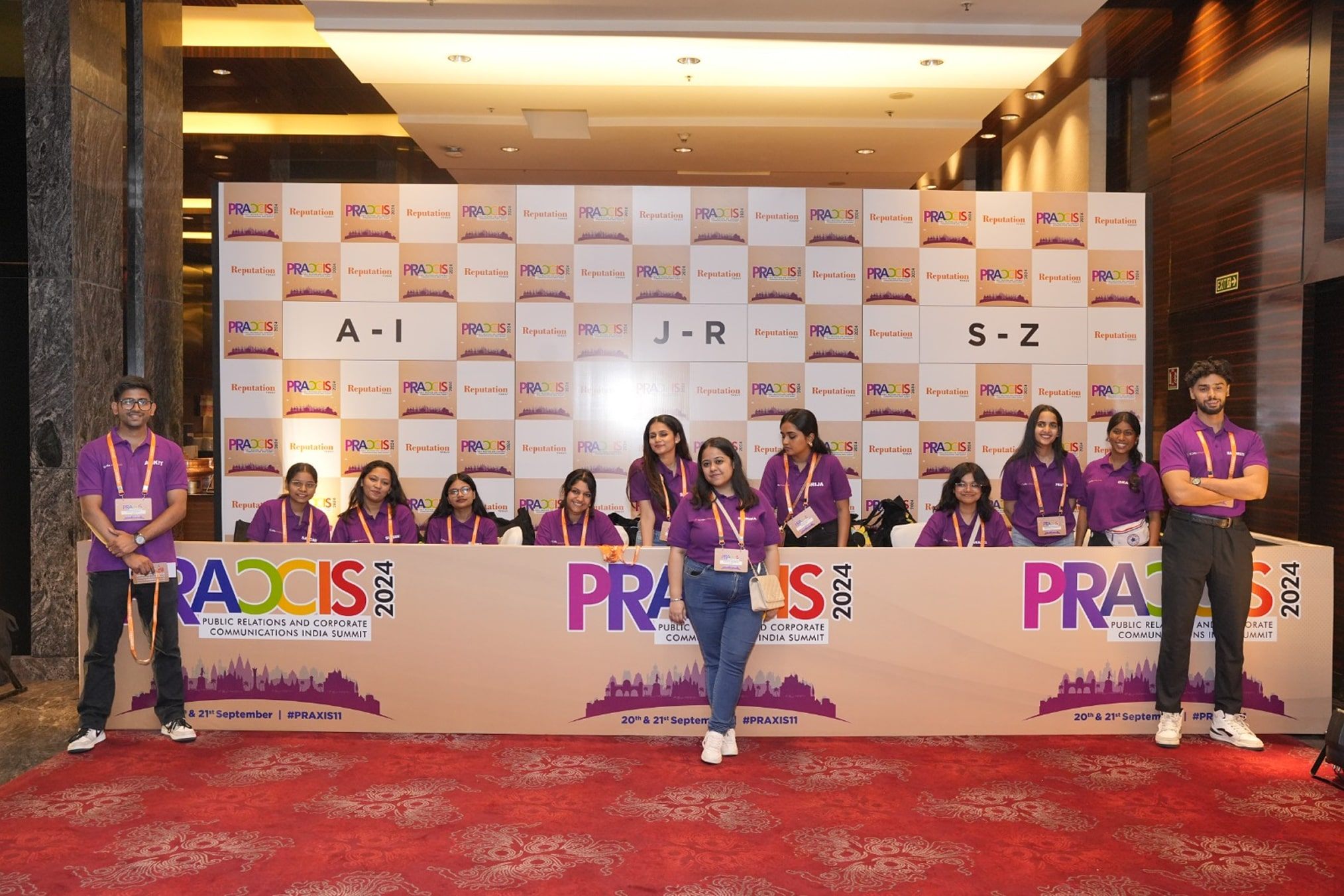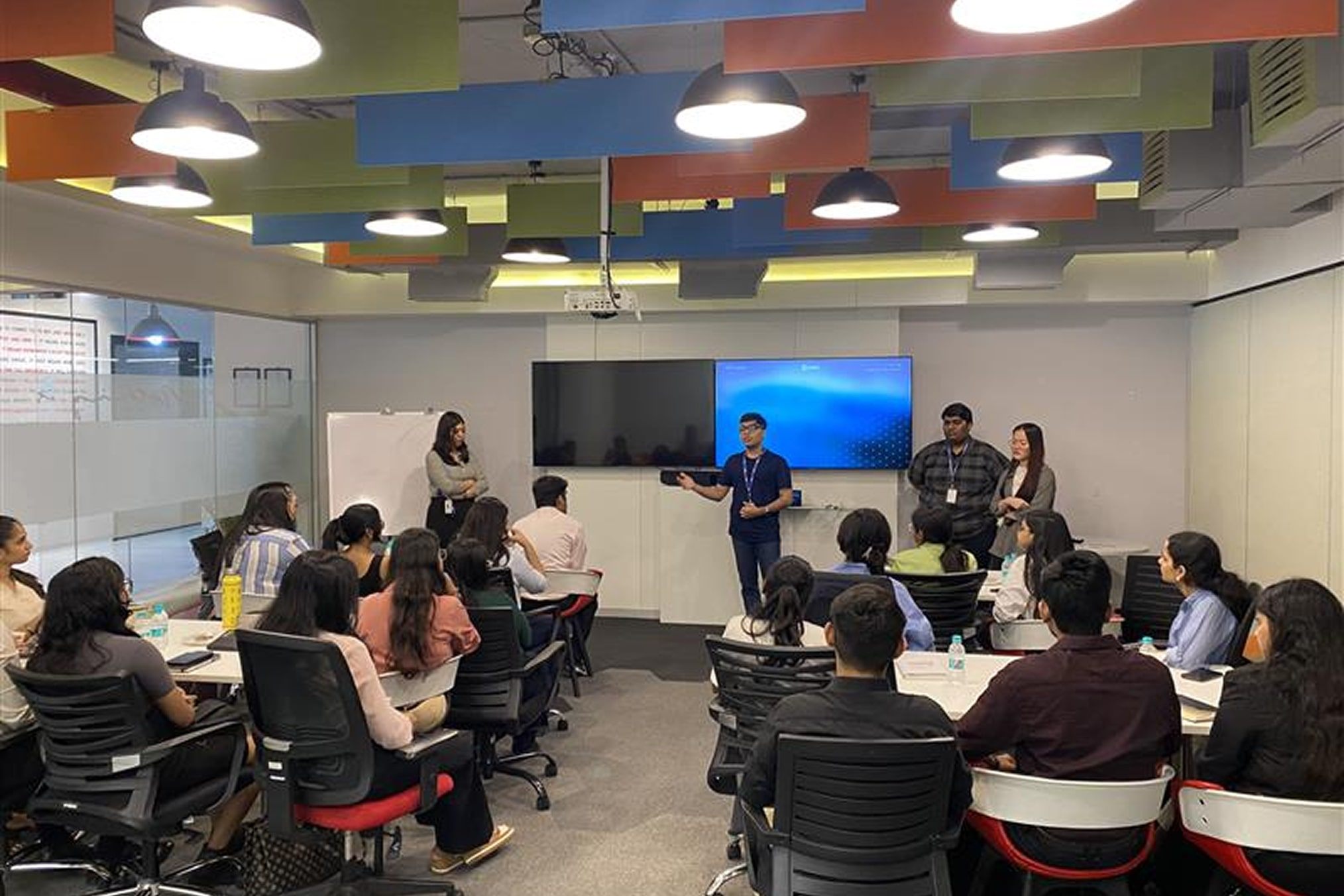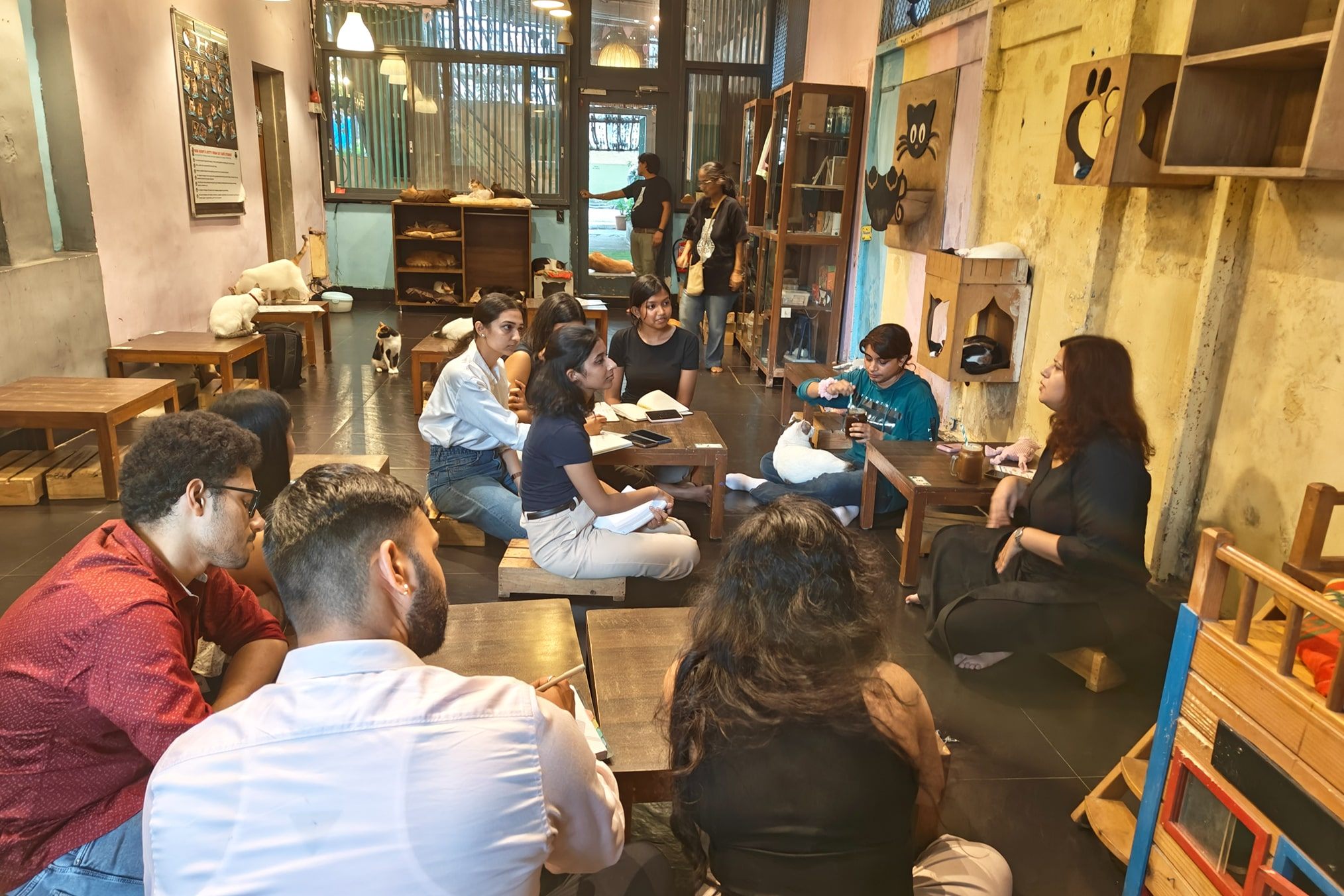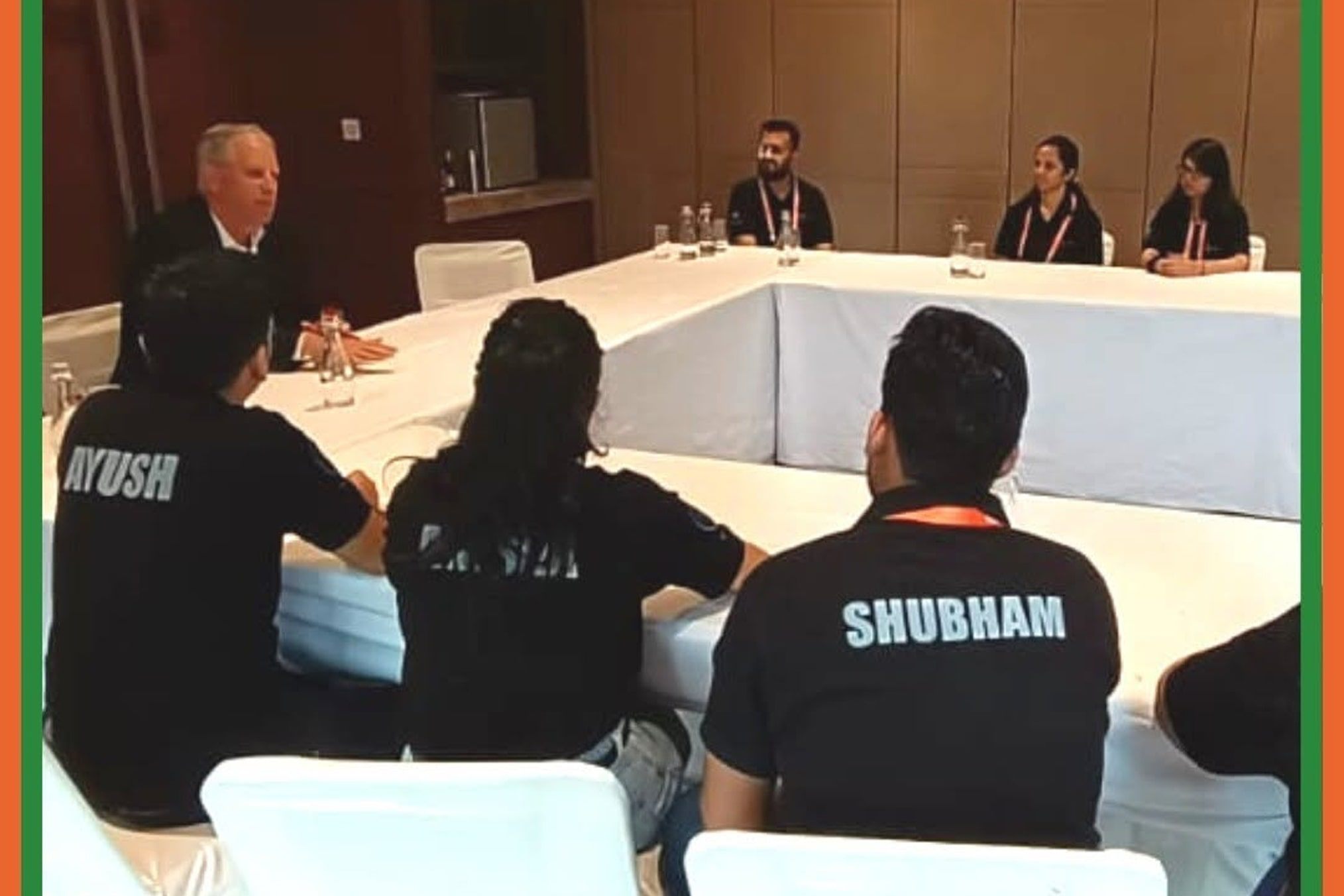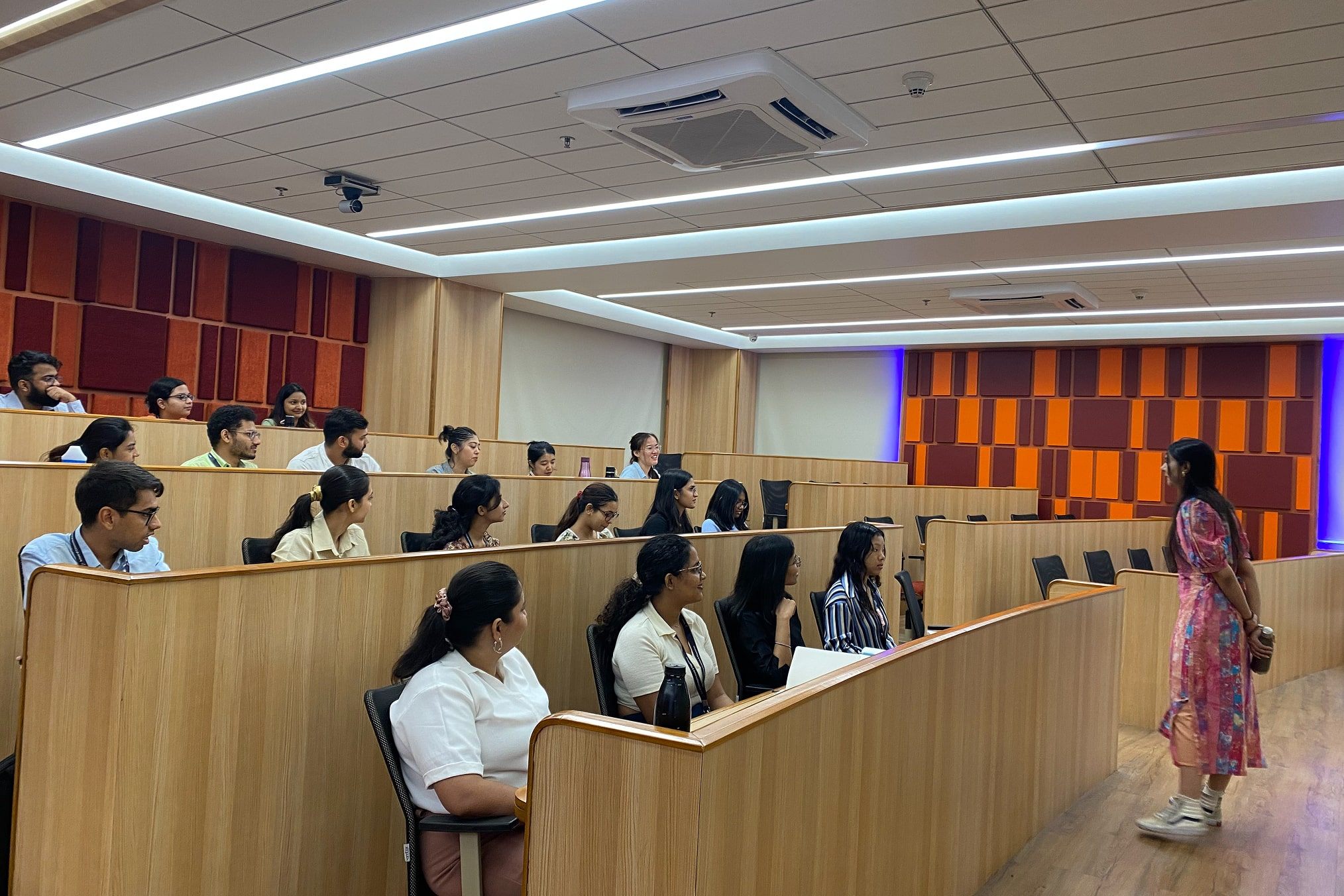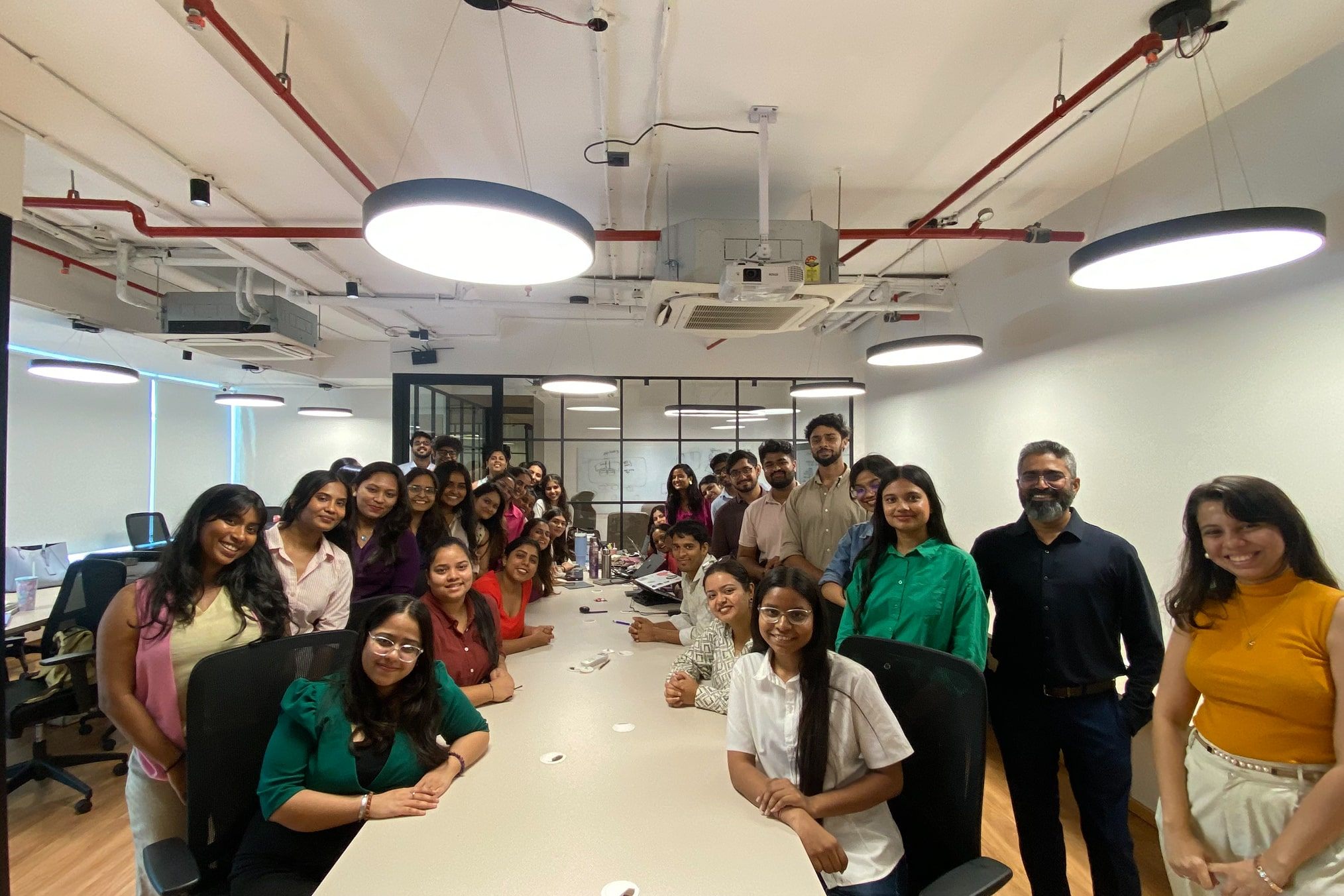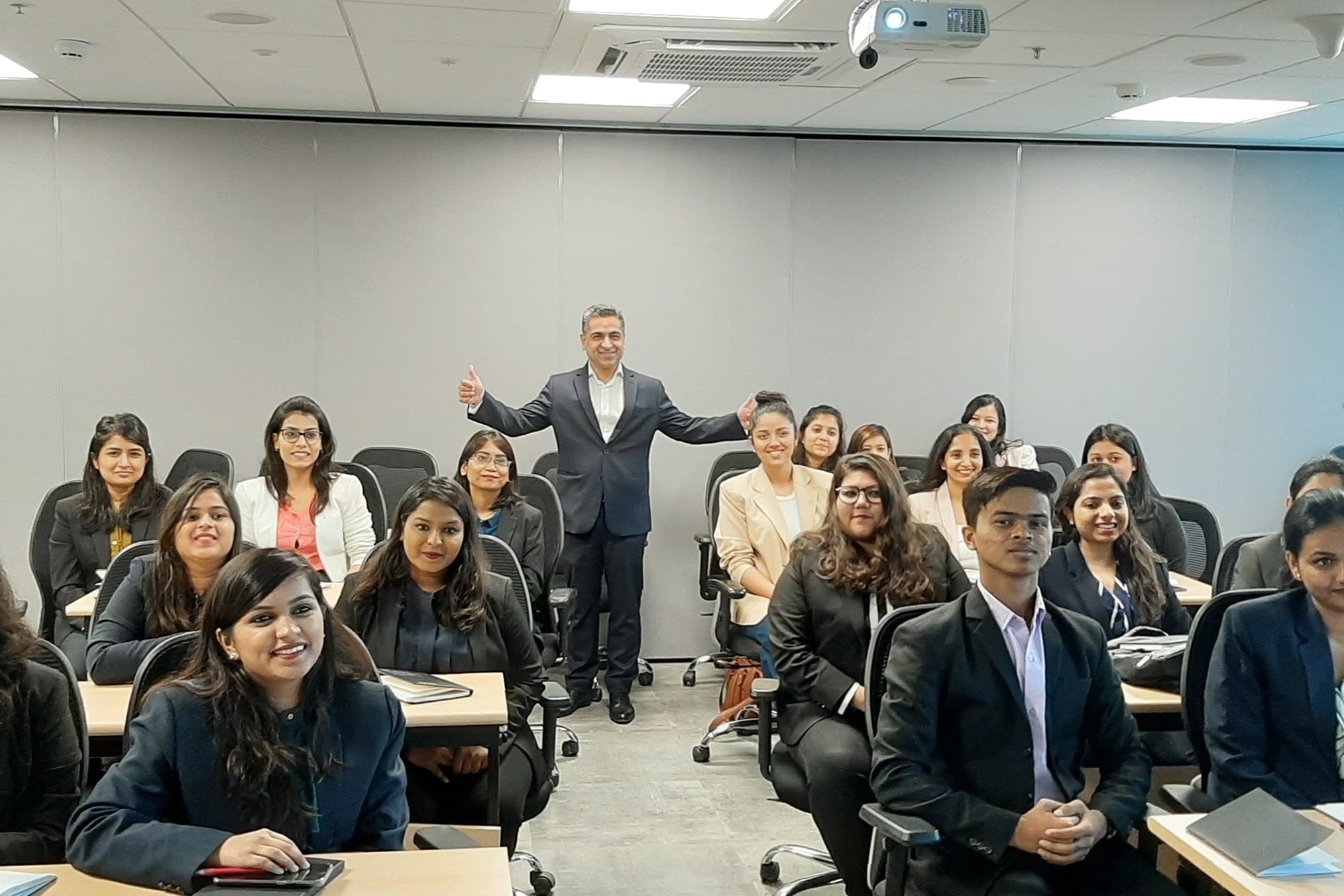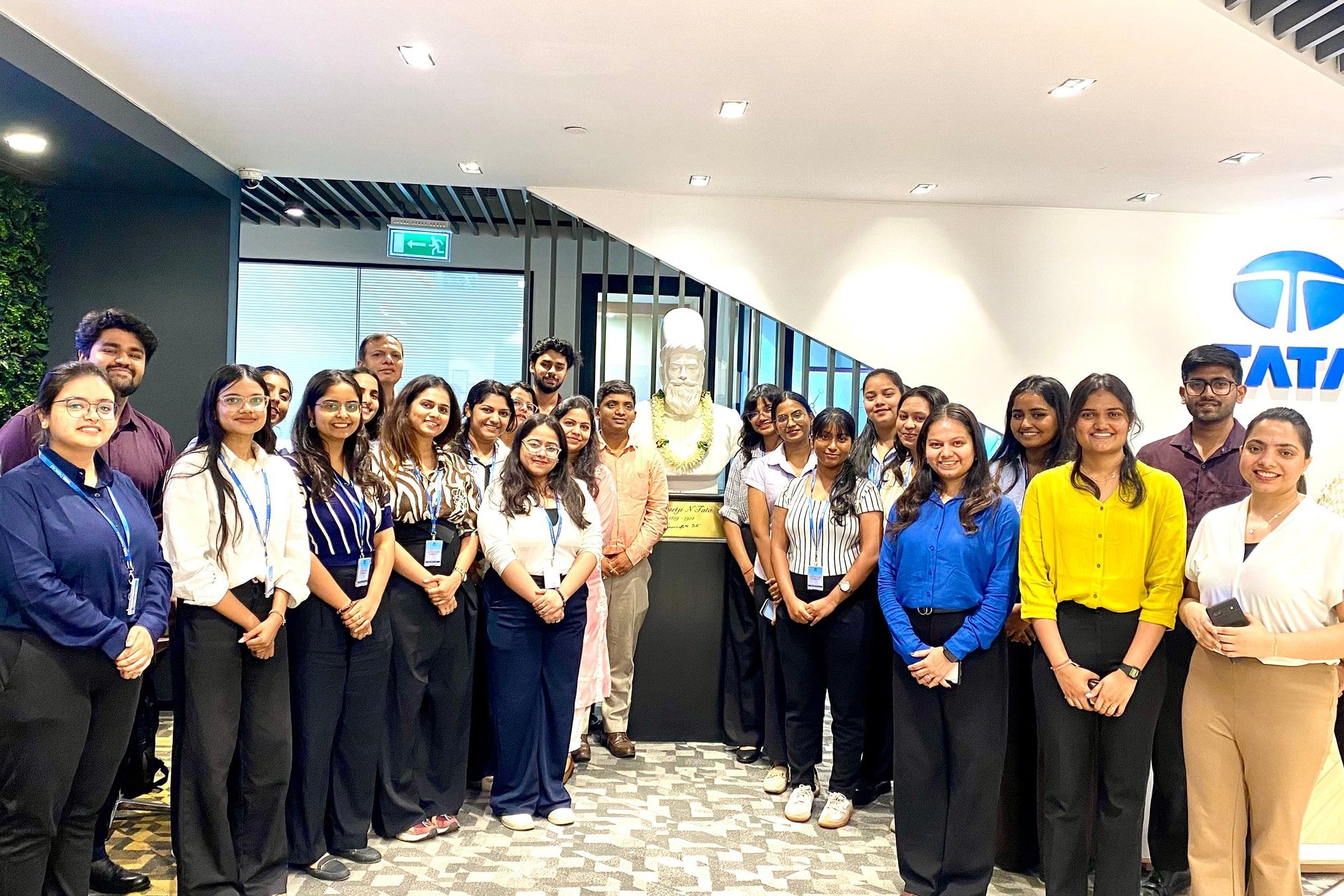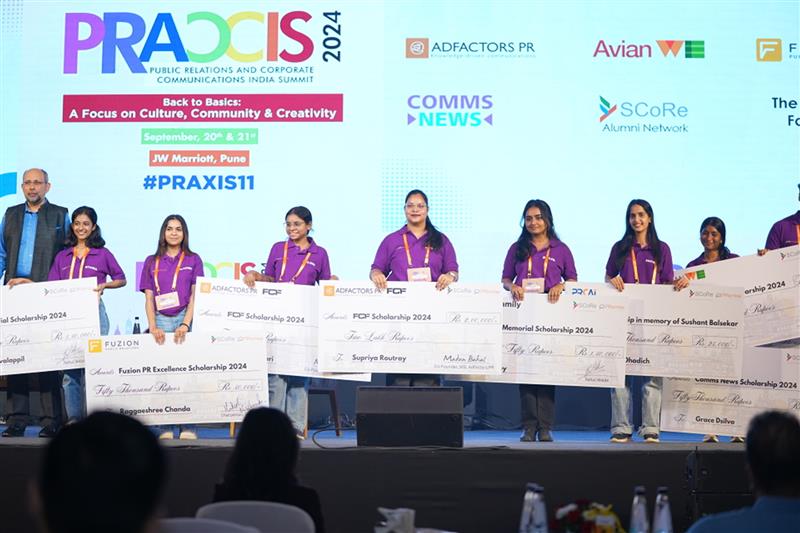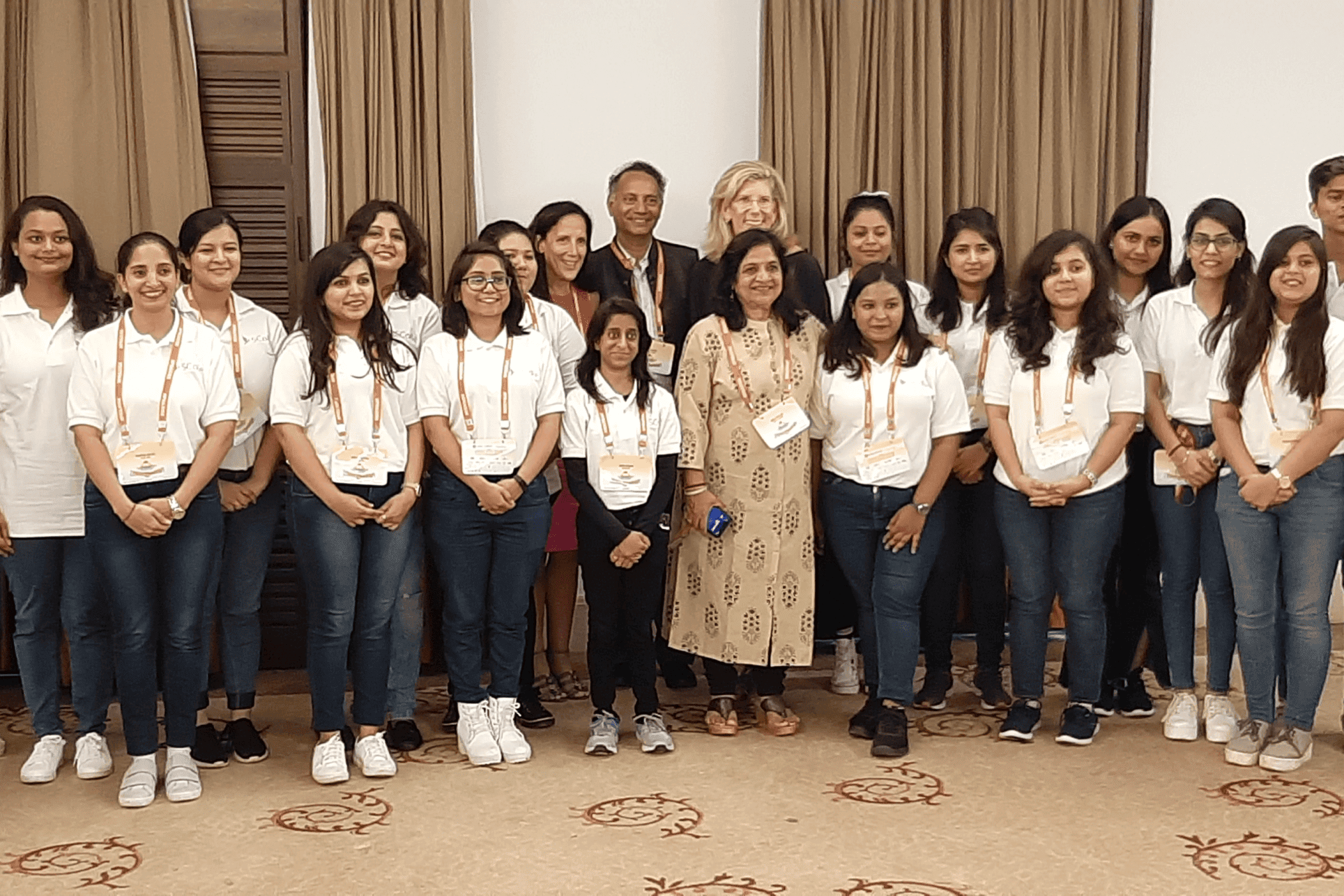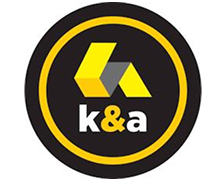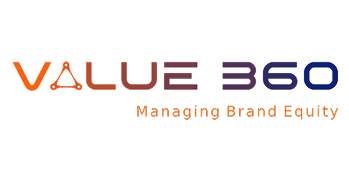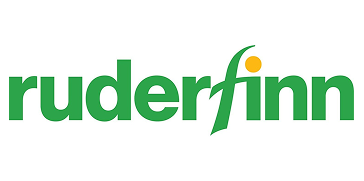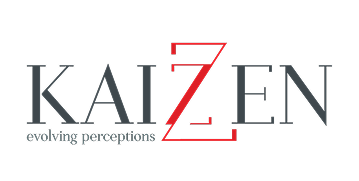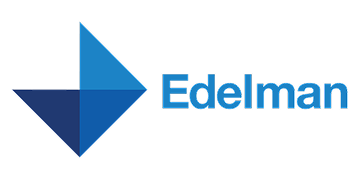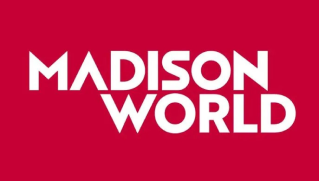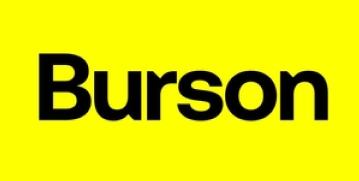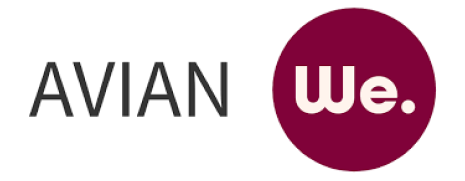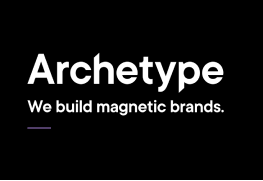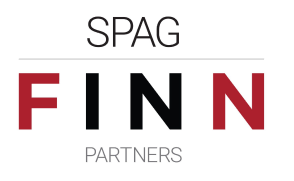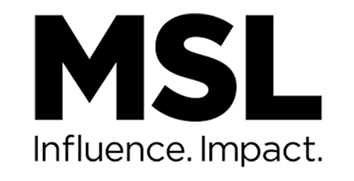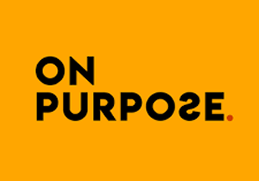- Volunteering allows them to apply theoretical knowledge in real situations, interact with professionals, and discover their own strengths and interests.
- Networking opportunities through events, workshops, and masterclasses further expand students’ professional circles, connecting them with mentors, peers, and potential employers.
- Live projects bridge the gap between academic concepts and real professional challenges.
- Visits to PR consultancies and corporate houses provide a behind-the-scenes view enabling students to understand the decision-making processes that shape organisations’ public image.
- The commitment to social impact is woven into the fabric of the curriculum via projects where partnership between students and various non-governmental organisations (NGOs) or volunteering with social working groups is undertaken.
Scholarships
SCoRe offers students the chance to compete for a range of merit-based scholarships sponsored by leading PR consultancies and organisations. These awards recognize and reward excellence, talent, and dedication to the Public Relations profession. Scholarships may be monetary or experiential. In addition to financial support, recipients often receive:
- One-on-one mentorship from communication leaders
- Exclusive access to projects and events
- Enhanced placement opportunities
- To know more: Click here
Internships & Placement
A hallmark of the programme is its structured two to three months internship, built into the curriculum to provide immersive, hands-on experience in live PR environments. These internships offer invaluable industry exposure, help build strong professional networks, and often result in job offers before graduation.
To know more: Click here
The School of Communications and Reputation (SCoRe) has established itself as a leading bridge between academia and the professional world of PR consultancies and corporate communication teams. Its strong connections with senior communication leaders provide students with a curriculum that is regularly updated to reflect current trends and knowledge with exclusive job opportunities. Practical learning through internships and assignments, strong alumni engagement, personalised career counselling and placement support equips students with the skills, confidence, and professional networks to achieve consistently high placement rates, competitive salaries, and roles across diverse sectors.




